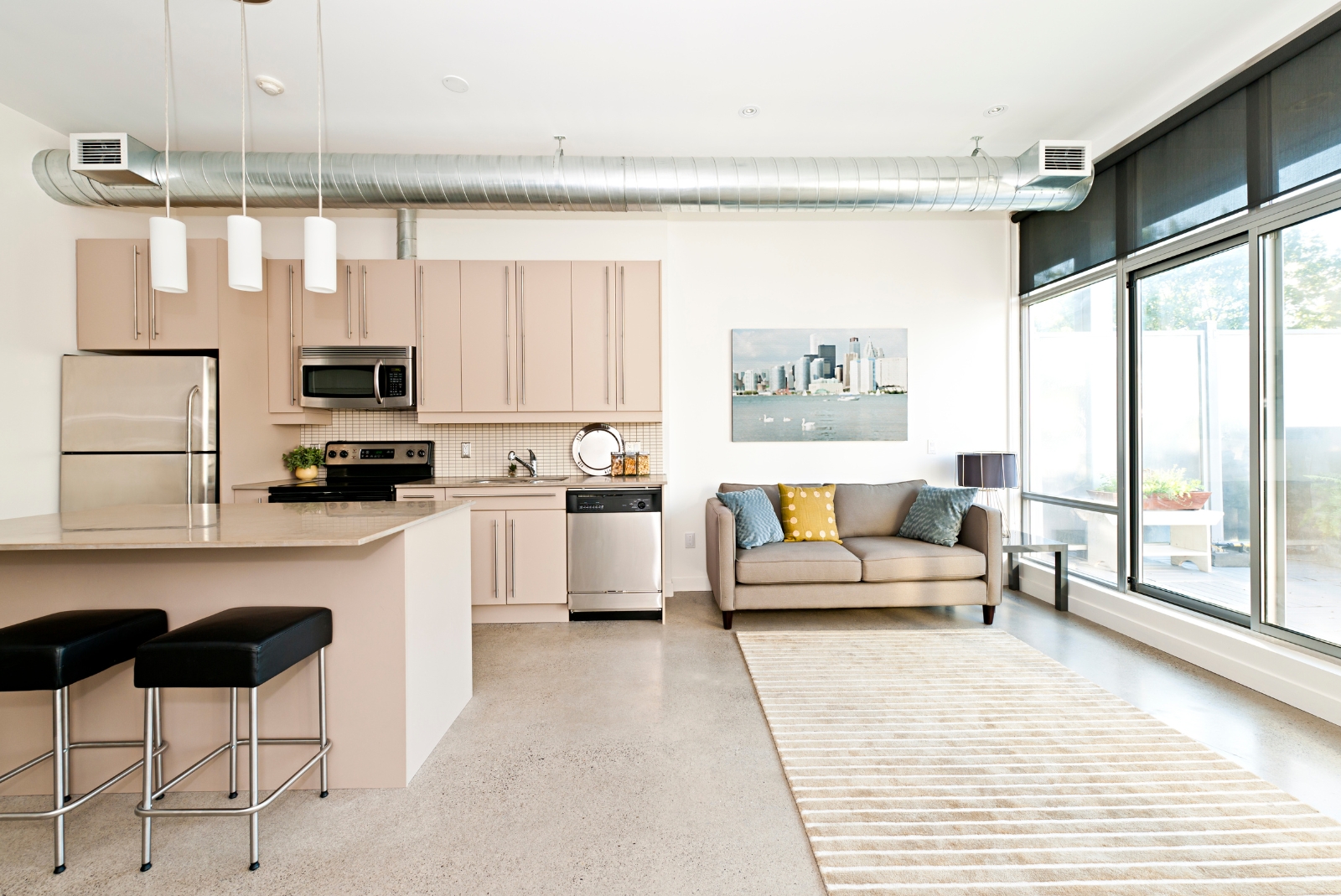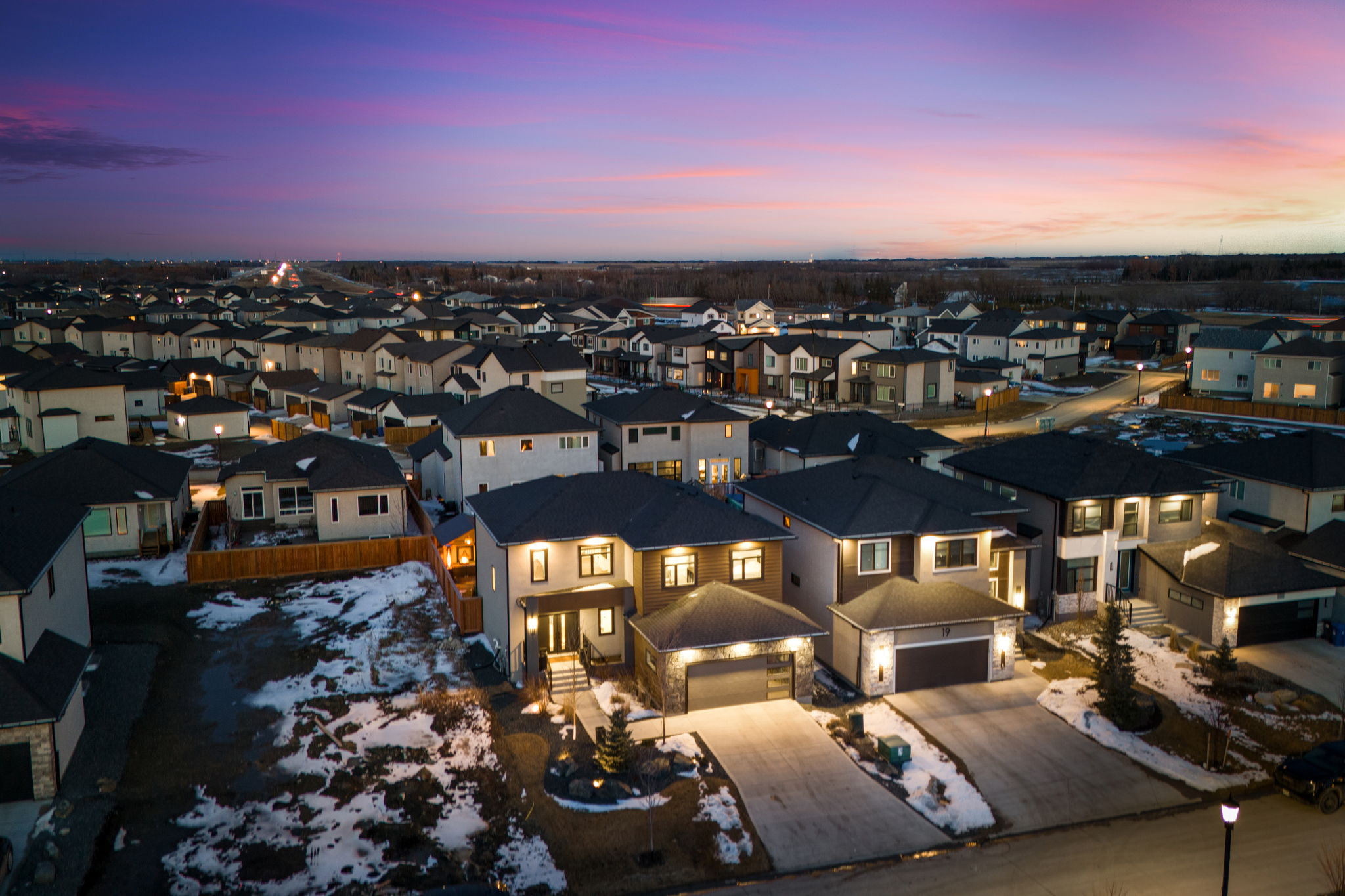Winnipeg’s Short-Term Rental Restrictions: What You Need to Know

As short-term rentals (STRs) continue to grow in popularity, cities worldwide are implementing regulations to balance their benefits with community needs. Winnipeg has introduced new rules to ensure that STRs operate responsibly while protecting housing availability and neighborhood stability. If you’re a homeowner or investor looking to operate a short-term rental in Winnipeg, here’s what you need to know.
Licensing Requirements
All short-term rental operators must obtain a business license from the City of Winnipeg. Each rental property requires its own license, and licenses must be renewed annually. This ensures that all STRs are properly registered and comply with local regulations.
Considering buying a house? Learn about some of the things you should consider the posts below:
- 6 Potential Insurance Issues for Home Buyers
- Is Winnipeg Real Estate Becoming More Valuable?
- Upgrading From a Condo? A Guide to Buying and Selling
Primary Residence Rule
A key restriction is that only primary residences can be used as short-term rentals for properties purchased after February 23, 2023. This rule aims to prevent investors from converting multiple properties into full-time short-term rentals, which can reduce the availability of long-term housing. However, owners who purchased additional properties before this date may still operate up to three non-primary residences as STRs.
Rental Limits
- If the property owner is not present, the STR can only be rented for up to 150 nights per year.
- If the owner remains on-site during the stay, there is no restriction on rental nights.
- Individual bookings cannot exceed 29 consecutive nights to prevent STRs from being used as de facto long-term rentals.
Taxes and Fees
Winnipeg applies a 6% accommodation tax to STR bookings, similar to the tax imposed on hotels. Hosts are responsible for collecting this tax from guests and remitting it to the city on a quarterly basis.
Are you a first time home buyer? The posts below can help:
- Understanding the FHSA: A New Tool for First-Time Home Buyers in Winnipeg.
- Should First-Time Buyers Jump Straight to a Forever Home?
- Buying a Condo? What to Consider in Addition to the Condo Unit.
Safety and Compliance Requirements
To enhance guest and neighborhood safety, STR operators must comply with several regulations, including:
- Human Trafficking Awareness: Hosts must display informational materials developed by the National Human Trafficking Education Centre inside rental properties.
- Fire Safety: Properties must have functional smoke detectors, carbon monoxide detectors, and fire extinguishers.
- Emergency Information: Guests must have access to an emergency contact number, along with a posted emergency exit plan.
Why These Regulations Matter
Winnipeg’s STR restrictions aim to create a balanced approach to home-sharing. By ensuring that rentals are properly licensed and taxed, the city hopes to prevent issues such as excessive investor-driven STR conversions, neighborhood disturbances, and safety concerns.
If you’re an existing or prospective STR host in Winnipeg, it’s essential to stay compliant with these new regulations to avoid fines and potential license revocation.
For full details on licensing and compliance, visit Winnipeg.ca.
What are your thoughts on the new short term rental rules?
Do you want more advice when purchasing or selling your home? Our Winnipeg real estate agents are happy to help. Reach out to info@goodfellowrealty.com or call 204-224-2551 with any questions.
Winnipeg’s Short-Term Rental Restrictions: What You Need to Know
Reach out today. You can call us at 204-224-2551, email us at info@goodfellowrealty.com, or complete the form below.



